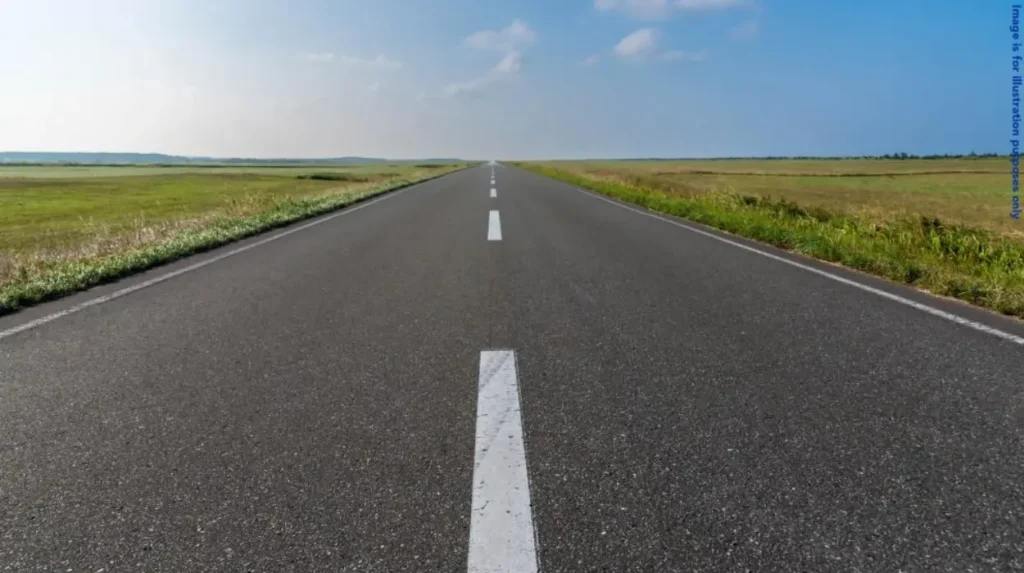The European Public Prosecutor’s Office (EPPO) has formally charged several Bosnian public officials involved in a major motorway construction project in Italy with corruption and related criminal offenses. This development marks a significant escalation in cross-border anti-corruption efforts within the European Union and associated jurisdictions, highlighting the increasing scrutiny of public contracts linked to infrastructure development.
The motorway project, valued in the tens of millions of euros, has been under investigation for months after suspicions arose concerning bribery, abuse of office, and illegal influence to secure lucrative contracts. The implicated individuals are Bosnian public officials who played key roles in overseeing or facilitating contracts between Bosnian authorities and Italian construction firms.
EPPO’s investigative push underscores the office’s mandate to probe crimes affecting the EU’s financial interests, particularly when they involve public procurement fraud and corruption, which drain public resources and jeopardize the integrity of infrastructure projects critical to regional connectivity.
Details of the Corruption Allegations
The allegations center on a motorway construction project designed to enhance connections between Bosnia and neighboring Italy, a vital transnational link intended to boost trade and mobility. According to EPPO sources familiar with the case, the accused officials allegedly accepted bribes and manipulated the tendering process over several years to favor certain contractors, distorting fair competition.
A spokesperson for EPPO stated,
“The prosecutions signal our firm commitment to combating corruption impacting EU funds, particularly in cross-border infrastructure projects vital to the region’s economic cohesion.”
The financial magnitude involved and the sustained nature of the misconduct underscore how corruption scandals continue to plague high-stakes infrastructure sectors.
Italian authorities have cooperated closely with EPPO, sharing intelligence and facilitating investigative operations. The joint effort reflects growing inter-agency collaboration that aims to hold public officials accountable and restore transparency in public procurement frameworks.
The Bosnian government has expressed concerns about the allegations but pledged full cooperation with legal processes. A senior Bosnian official said,
“We acknowledge the serious nature of these charges and will work with EPPO and Italian counterparts to ensure a thorough investigation and justice.”
Impact on Regional Relations and Infrastructure Development
The charges threaten to complicate Bosnia’s broader infrastructure strategy, which depends heavily on international funding and partnerships, including from the EU. The motorway is part of a larger corridor intended to enhance commercial exchange and integration into European transportation networks. Delays or reputational damage to such projects could undermine investor confidence.
Experts caution about the broader implications of corruption on regional development. Dr. Alessandra Marino, an EU infrastructure policy analyst, notes,
“Corruption within these projects not only skews competition but erodes public trust and deters private sector investments critical for sustainable growth in the Western Balkans.”
Moreover, the case poses challenges for Italian firms involved in international contracts, emphasizing the need for robust compliance and ethical conduct measures when operating abroad. The scrutiny from EPPO’s investigations may prompt companies to reassess their due diligence protocols to avoid complicity in corruption.
EPPO’s Growing Role in Cross-Border Corruption Cases
Since its establishment, EPPO has steadily expanded its reach in investigating crimes that affect the EU budget and financial interests. This case serves as a testament to the office’s evolving jurisdiction, particularly in cases spanning multiple jurisdictions where traditional national efforts may fall short.
EPPO’s lead prosecutor declared,
“This indictment reinforces the importance of a unified European approach to dismantling criminal networks that exploit public funds and threaten the integrity of EU projects.”
This mission aligns with wider EU priorities on transparency, accountability, and safeguarding public assets.
The focus on Bosnian officials also reflects the broader geopolitical considerations of integrating Western Balkan countries into the EU framework, with anti-corruption efforts forming a critical part of the accession process.
Legal Proceedings and Next Steps
The formally filed charges mark the beginning of a potentially lengthy judicial process involving multiple defendants and jurisdictions. EPPO officials have indicated readiness to pursue the case vigorously, leveraging European legal instruments such as mutual legal assistance treaties to secure evidence and witness testimonies.
The court proceedings will assess the evidence of bribery, fraud, and illegal interference with public tenders. If convicted, the officials face significant penalties including imprisonment, fines, and bans from public service. The case could set important legal precedents for prosecuting corruption in cross-border infrastructure projects.
European lawmakers have welcomed EPPO’s decisive action, calling for sustained efforts to root out corruption wherever it threatens the single market and common financial interests. The European Commissioner for Justice emphasized the case as an example of Europe’s commitment to clean governance and rule of law adherence.
Upholding Integrity in Transnational Projects
The EPPO charges against Bosnian public officials represent a critical moment in the fight against corruption affecting European infrastructure funding. It highlights the complexities of policing public procurement across borders and the necessity of coordinated international enforcement.
Infrastructure projects like the Italy-Bosnia motorway corridor are essential for economic integration, but their success depends on transparent, accountable governance. This case serves as a stern warning to public officials and contractors alike: corruption will face rigorous investigation and prosecution under the expanding EU legal framework.
As the legal process unfolds, stakeholders from the EU, Italy, and Bosnia will scrutinize implications not only for the implicated individuals but for broader efforts to promote ethical practices and trust in public investments across Europe.







